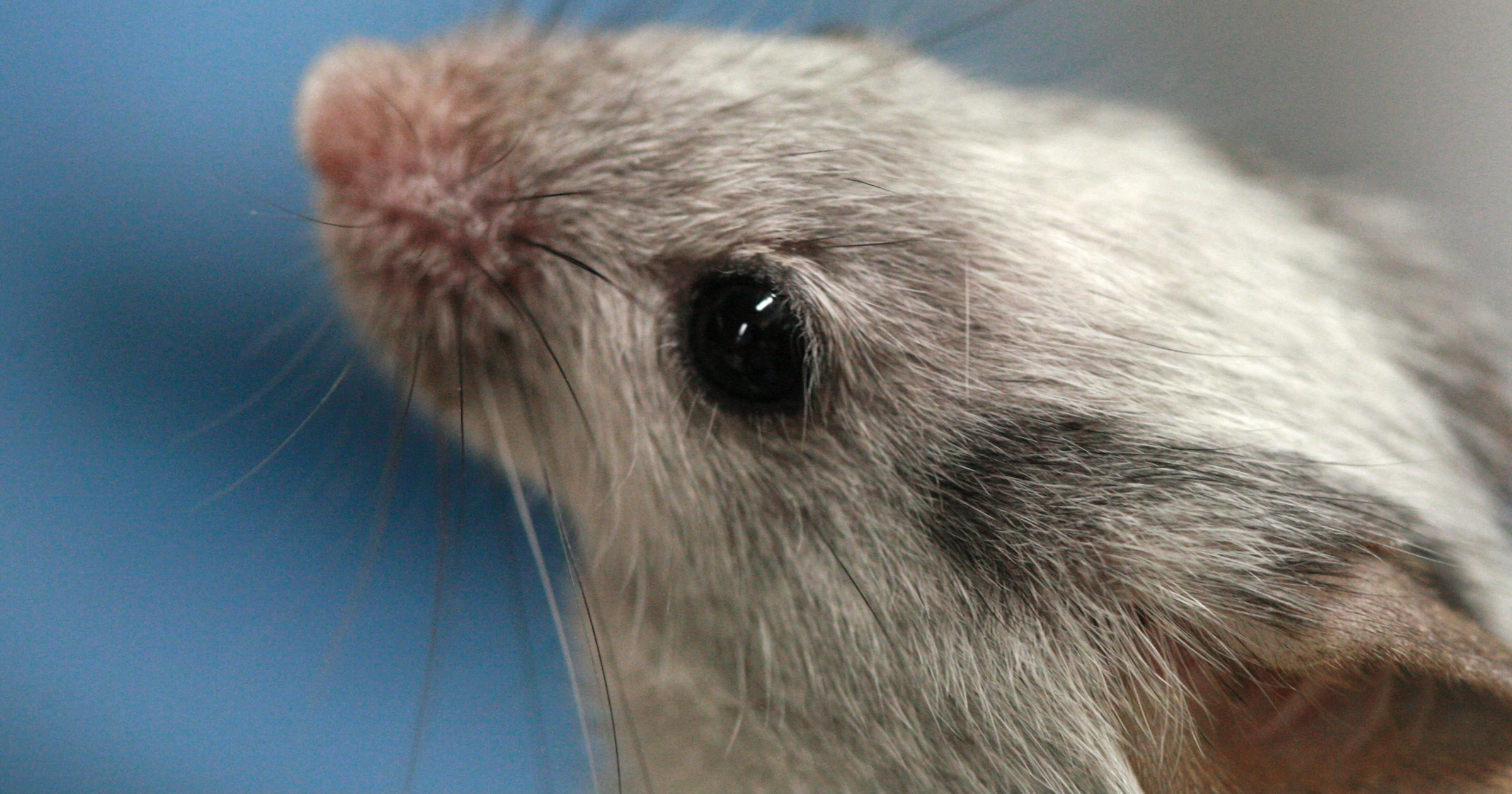 Culture & Ethics
Culture & Ethics
 Medicine
Medicine
Scientists Succeed in Creating Mouse Artificial Wombs

Scientists in Israel have gestated mouse embryos about halfway to term outside a uterus. From the New York Times story:
The mouse embryos looked perfectly normal. All their organs were developing as expected, along with their limbs and circulatory and nervous systems. Their tiny hearts were beating at a normal 170 beats per minute.
But these embryos were not growing in a mother mouse. They were developed inside an artificial uterus, the first time such a feat has been accomplished, scientists reported on Wednesday.
The experiments, at the Weizmann Institute of Science in Israel, were meant to help scientists understand how mammals develop and how gene mutations, nutrients and environmental conditions may affect the fetus.
This technology is still a long time from the potential for human application, but it presents issues we need to address now — rather than wait until it is too late to keep within proper ethical parameters.
Questions in Need of Answers
Among the issues society needs to ponder:
- Should this research ever be done in human beings? Developing this technology in human beings would require experimentation on living embryos and fetuses. More: Scientists would intentionally create embryos to be gestated and, essentially, aborted in experiments. That is a huge moral issue, not that many of “the scientists” really think so. Too many think of ethics as something that they have to get around or pretend to take seriously to keep the peasants placated — such as what I reported earlier about scientists wanting to trash the “14-day” rule on embryonic research now that human embryos can be maintained in a dish for longer than two weeks.
- Should this technology, if it is ever developed in humans, be limited to saving babies in danger of miscarriage? Or, should scientists be able to grow fetuses for use in experimentation or organ harvesting — perhaps as clones — a concept known in popular parlance as “fetal farming?”
- Some pro-lifers think this technology could save babies from abortion. Ditto, transhumanist Zoltan Istvan. I disagree. Women who want abortions don’t want a baby, or at least, not the baby they are gestating. And I don’t see any way to force a woman seeking an abortion to go through the invasive medical procedure required to transfer the living fetus from a real to an artificial uterus.
Important and Portentous
In any event, this is important and portentous research that, like most biotechnologies, can lead to the best and worst of worlds simultaneously. The time to create internationally binding regulations on human research in this and other biotechnologies — such as CRISPR genetic engineering, three-parent embryos, human cloning, etc. — cannot be put off any longer. These are the most powerful technologies in human history, even more potentially life-altering than atomic energy.
But unlike what we did — and do — with atomic energy, we just let things float along on the wind. Our political leadership has utterly failed in its obligations by refusing to mention, much less tackle, these difficult issues. I don’t see immediate prospects for doing better, but worse, with regard to the “anything goes” mentality so prevalent in Big Biotech.
How does the dystopia of Brave New World come into being? This is how!
Cross-posted at The Corner.
